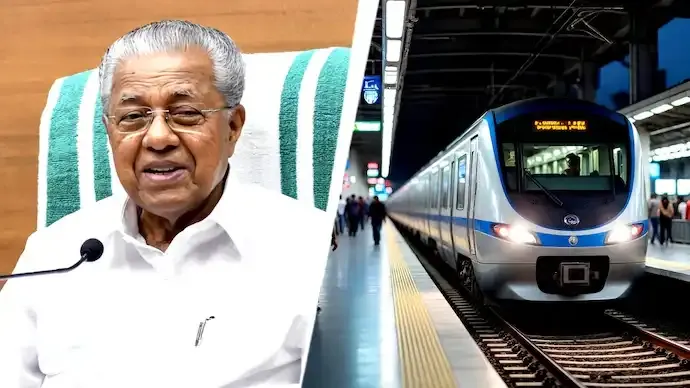Shopping cart
Your cart empty!
Terms of use dolor sit amet consectetur, adipisicing elit. Recusandae provident ullam aperiam quo ad non corrupti sit vel quam repellat ipsa quod sed, repellendus adipisci, ducimus ea modi odio assumenda.
Lorem ipsum dolor sit amet consectetur adipisicing elit. Sequi, cum esse possimus officiis amet ea voluptatibus libero! Dolorum assumenda esse, deserunt ipsum ad iusto! Praesentium error nobis tenetur at, quis nostrum facere excepturi architecto totam.
Lorem ipsum dolor sit amet consectetur adipisicing elit. Inventore, soluta alias eaque modi ipsum sint iusto fugiat vero velit rerum.
Sequi, cum esse possimus officiis amet ea voluptatibus libero! Dolorum assumenda esse, deserunt ipsum ad iusto! Praesentium error nobis tenetur at, quis nostrum facere excepturi architecto totam.
Lorem ipsum dolor sit amet consectetur adipisicing elit. Inventore, soluta alias eaque modi ipsum sint iusto fugiat vero velit rerum.
Dolor sit amet consectetur adipisicing elit. Sequi, cum esse possimus officiis amet ea voluptatibus libero! Dolorum assumenda esse, deserunt ipsum ad iusto! Praesentium error nobis tenetur at, quis nostrum facere excepturi architecto totam.
Lorem ipsum dolor sit amet consectetur adipisicing elit. Inventore, soluta alias eaque modi ipsum sint iusto fugiat vero velit rerum.
Sit amet consectetur adipisicing elit. Sequi, cum esse possimus officiis amet ea voluptatibus libero! Dolorum assumenda esse, deserunt ipsum ad iusto! Praesentium error nobis tenetur at, quis nostrum facere excepturi architecto totam.
Lorem ipsum dolor sit amet consectetur adipisicing elit. Inventore, soluta alias eaque modi ipsum sint iusto fugiat vero velit rerum.
Do you agree to our terms? Sign up

The Kerala government has officially approved the first-phase alignment of the much-anticipated Thiruvananthapuram Metro Rail project, marking a key milestone in transforming urban mobility across the state capital. The decision was confirmed on Friday by Chief Minister Pinarayi Vijayan, who described it as a major step towards making public transport in the city modern, efficient, and sustainable.
According to a statement from the Chief Minister’s Office, the first phase spans 31 kilometres and will connect major commercial and institutional hubs — including Technopark (all three phases), Thiruvananthapuram International Airport, Thampanoor bus stand, railway station, Secretariat, and Government Medical College Hospital.
The metro corridor, to be implemented by Kochi Metro Rail Limited (KMRL), will start at Pappanamcode and terminate at Enchakkal, passing through key locations such as Killipalam, Palayam, Sreekaryam, Kazhakoottam, Technopark, and Kochuveli. The route will feature 27 stations, with Kazhakoottam, Technopark, and Karyavattom serving as major interchange points.
“The Thiruvananthapuram Metro Rail project will act as a catalyst for the future development of the rapidly expanding city,” the Chief Minister’s Office said.
As part of pre-construction works, KMRL has been tasked with building flyovers at Sreekaryam, Ulloor, and Pattom to decongest key arterial roads and facilitate smoother metro alignment. The Sreekaryam flyover is currently in advanced stages of construction, while the others are expected to commence soon.
The metro’s development will follow the Metro Rail Policy, 2017, with KMRL directed to prepare and submit a Detailed Project Report (DPR) and cost analysis for final approval by the state and central governments.
Plans for a rapid transit system in Thiruvananthapuram and Kozhikode were first sanctioned in 2015 under the Kerala Rapid Transit Corporation Ltd. (KRTL). However, after years of limited progress, the project was reassigned to KMRL in 2022 to ensure better execution and integration with Kerala’s broader urban transport strategy.
Following comprehensive studies — including a Comprehensive Mobility Plan (CMP) and Alternative Analysis Report (AAR) — KMRL concluded that a conventional metro system would best suit Thiruvananthapuram’s growing population and daily commuter volume, as opposed to a light metro or monorail.
The final alignment proposal, presented by KMRL on November 4, was approved by the state government on November 7, paving the way for detailed design, funding, and land acquisition processes.
Once operational, the Thiruvananthapuram Metro is expected to revolutionize public transportation, significantly reduce road congestion, and lower the city’s carbon footprint. It will also improve access between key government institutions, IT parks, educational centres, and residential zones.
The project’s integration with the Technopark–Airport–Thampanoor corridor is being hailed as a major boost for both daily commuters and the tourism sector, strengthening Thiruvananthapuram’s role as a smart, connected capital.
Experts believe that the metro, coupled with supporting infrastructure like flyovers and feeder bus services, could serve as a model for sustainable urban development in mid-sized Indian cities.
With the alignment now finalized, KMRL is expected to begin tendering and preparatory construction activities in 2026, aiming for completion of the first phase within five years.
25
Published: Nov 08, 2025